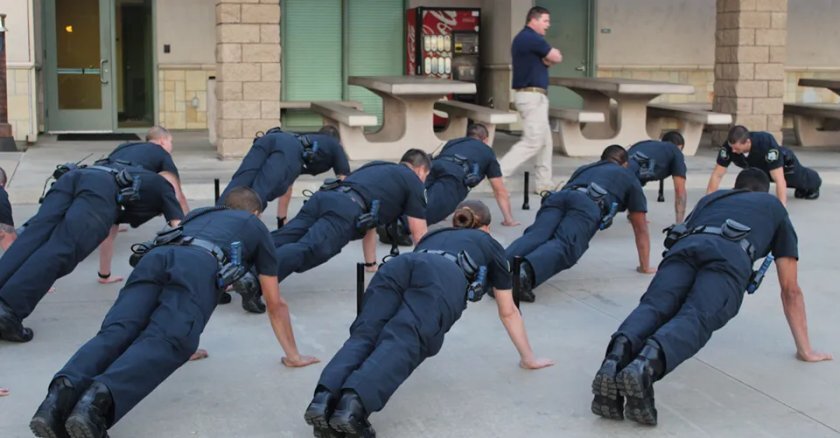Costs —for associated fees as well as for staff resources required to document compliance with standards — are one reason for the low uptake of police accreditation. But an additional reason is that there is little research regarding accreditation’s effectiveness. Consequently, we conducted qualitative interviews with law enforcement personnel who have knowledge and experience with accreditation to identify what they believe are its perceived advantages, if any.
We specifically studied experiences with accreditation by the Commission on Accreditation for Law Enforcement Agencies (CALEA). CALEA, the most rigorous and most established law enforcement accrediting body, was created in 1979 and accredited its first agency in 1984. It is the only national and international law enforcement accrediting body having accredited law enforcement agencies in the United States, Mexico, Barbados and Canada.
CALEA offers two tiers of accreditation. The first tier requires adherence to 183 standards, and the second requires adherence to 461 standards. It generally takes law enforcement agencies between two and three years to become accredited as they purchase any needed new equipment, refine old standards, create new ones and develop processes for providing proof of their adherence to the standards.
What was very clear from our research is that respondents felt that police accreditation greatly enhanced the ability of their agencies to learn. Organizational learning is what the German researchers Dirk Basten and Thilo Haamann call “the management of information for positive impact on performance.” Sadly, we usually only talk about organizational learning after tragic events rather than making learning an ongoing and intentional process. Not long after the cameras leave following tragic events, all seems to just go back to normal.
CALEA accreditation facilitates organizational learning through several means, but we focus on just three here. First, CALEA accreditation requires that agencies adopt and master the document management system PowerDMS. Law enforcement agencies generate lots of documentation, but it is impossible to learn from that information if it is not systematically collected, properly stored and shared with relevant parties. A common complaint about accreditation is that it is a paperwork exercise. However, “paperwork,” when processed well, is performance data and the means by which the public can hold law enforcement agencies accountable. PowerDMS allows agencies to collect time stamps and electronic signatures when officers share and receive policies, procedures, standards, trainings and other information so that they have an electronic paper trail with which they can hold officers accountable.
This leads to the second finding, that accreditation enhances transparency. CALEA requires that accredited agencies provide proof of compliance, generate administrative reports and provide them to CALEA. Assessors from CALEA conduct an annual virtual review and a site visit every fourth year in which they speak with agency personnel and community members to gather additional information about how the agency is performing. An agency cannot learn and improve its performance unless it is transparent about where it is at.
Finally, CALEA requires agencies to appoint an accreditation manager who serves as a knowledge broker and knowledge manager. As knowledge brokers, accreditation managers learn from CALEA about new standards, policies and trends related to policing. Accreditation managers also provide feedback to CALEA regarding what they are seeing on the ground and how it relates to policing standards and policies, creating an environment of continuous learning.
As knowledge managers, accreditation managers update their agency’s standards, policies and trainings based on best practices identified by leaders in the field. You would be surprised at how many agencies lack policies and standards for core aspects of policing. It is hard to hold an agency accountable to a standard if they don’t have one in the first place.
While CALEA accreditation is not a panacea, it can help agencies catch and address problems early on, before they become big problems or repeat themselves. CALEA allows for police themselves to improve policing across agencies and the profession in general. For all the talk over the years about police reform, the uptake of CALEA police accreditation represents a clear opportunity for law enforcement to make good on those promises and to move forward together in improving the quality and the esteem of policing.
Gordon Abner is an assistant professor in the Lyndon Baines Johnson School of Public Affairs at the University of Texas, Austin. Cullen C. Merritt is an associate professor of public management in the School of Public Policy at the University of Maryland, College Park.
Governing’s opinion columns reflect the views of their authors and not necessarily those of Governing’s editors or management.
Related Articles













